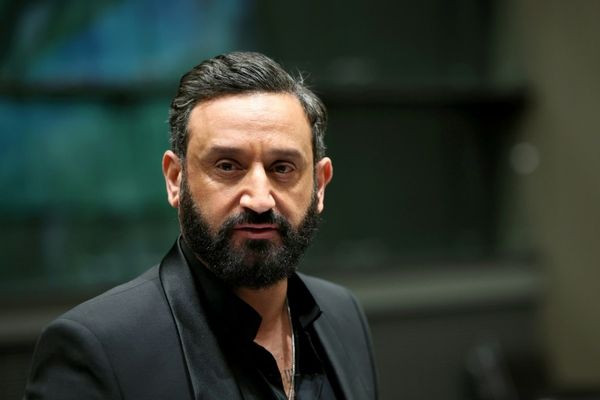
Incidents of sexual harassment and assault have been on the rise across the US military for roughly the last 15 years. Now, a new law has been passed that will change how they are dealt with, putting independent lawyers in charge of decisions and sidelining commanders.
“It’s the most important reform to our military justice system since the creation of the Uniform Code of Military Justice in 1950,” the US defense secretary, Lloyd Austin, said in a statement.
Under the new system, which was made effective on 28 December, special counsels will have the power to make prosecution decisions on several offenses such as murder, rape and domestic violence within the military.
These special counsels are in effect legal organizations within each military service and will be spread nationwide. There will be more counsels positioned near large bases or in locations with higher numbers of reported crimes.
Officials told the Associated Press that the army will have 65 certified trial counsels, the air force 40, the marines 33 and the navy 24. Each counsel will handle as many as 50 investigations and roughly eight to 12 trials annually.
In 2022, Congress passed legislation to strengthen support for service members, and in July, President Joe Biden approved the special counsel system, spearheaded by Senator Kirsten Gillibrand, Democrat of New York, but also supported by Republicans such as Senator Joni Ernst of Iowa.
The special counsel system followed increased pressure from members of Congress, who believed that the commanders previously in charge of making prosecution decisions have failed to take victims’ complaints seriously or try to protect alleged perpetrators in their units.
These members of Congress were supported by military activists and advocate groups, all of whom have been pushing for an impartial justice system independent from the military chain of command.
Last year, the air force, the marines and the navy saw increased reports of sexual assault and harassment, according to the Pentagon’s annual report on sexual assault in the military. Incidents rose 13% in the navy, 9% in the air force and 3.6% in the marines. Although there was a 9% drop in claims from within the army, there were still 8,942 reports of sexual assault across the entire force. The number of reported assaults like these have increased nearly every year since 2006.
In a confidential survey conducted in 2018, 20,000 service members said they had experienced unwanted sexual contact. US military officials said this rose to 36,000 in the same poll conducted four years later.
While it is not clear at this point what impact the new law will have, whether it will lead to more prosecutions, or if it will do anything to influence the wider systematic issue of sexual assault in the military, many are convinced it’s a step in the right direction.
“I fought for nearly a decade to reform the military justice system,” said Gillibrand on X, formerly Twitter.
“It took a long time to pass my reforms, but finally, victims of sexual assault and other serious crimes have the independent, impartial justice system they deserve,” she added.
Information and support for anyone affected by rape or sexual abuse issues is available from the following organisations. In the US, Rainn offers support on 800-656-4673. In the UK, Rape Crisis offers support on 0808 500 2222. In Australia, support is available at 1800Respect (1800 737 732). Other international helplines can be found at ibiblio.org/rcip/internl.html







